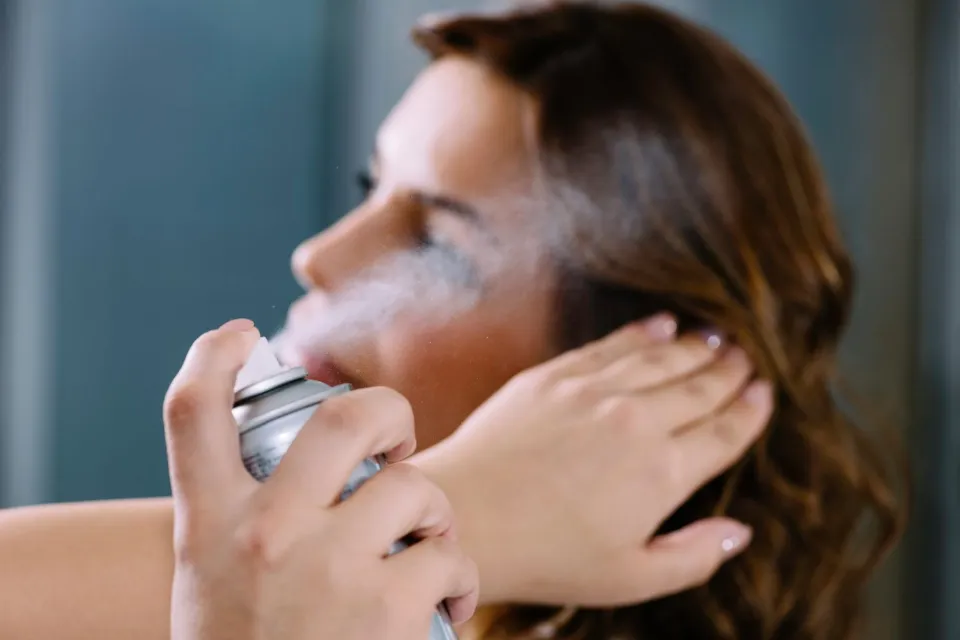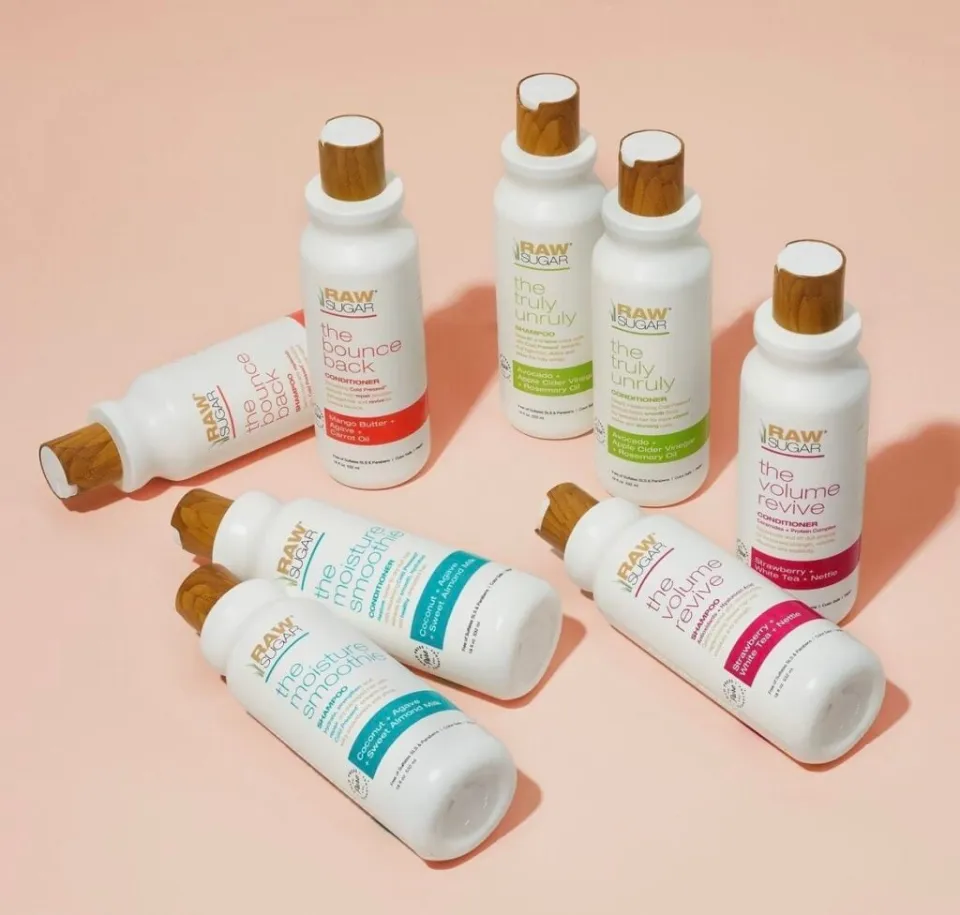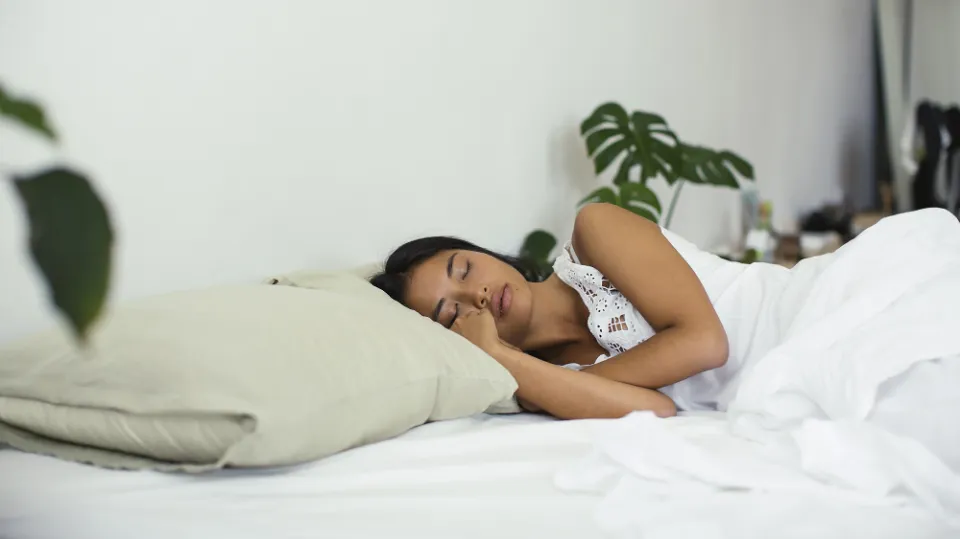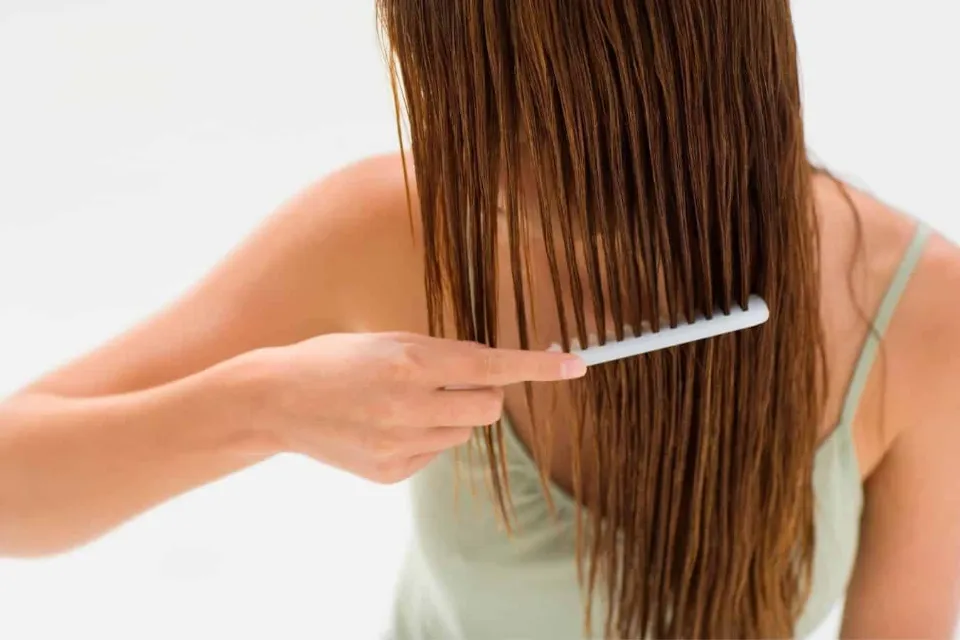Between showers, you can freshen and fluff your hair without using water by using dry shampoo. However, some worries regarding its security have surfaced. Is dry shampoo bad for your hair?
The short answer is that occasionally using dry shampoo is safe for most people. However, using it too frequently or for too long may harm your hair and result in scalp issues.
Keep reading and learn more about dry shampoo effects on your hair.
Is Dry Shampoo Bad for Your Hair?
In a word, no, but don’t forget: use, don’t overuse. When used in moderation, dry shampoo can continue to be your haircare go-to.
But if used excessively, it can cause issues like an itchy, dandruff-covered scalp, damaged hair, and even hair loss. Dry shampoo can actually alter your scalp’s microbiome over time, which is why. A good question is how it occurs.
Dry shampoo inherently encourages less frequent washes, but more than that, a person may stop cleansing their hair and scalp properly altogether.
The actual issues arise in that area. Dry shampoos don’t actually remove oils, dead skin cells, pollutants and the like. Simply put, they “cover them up” by absorbing them.
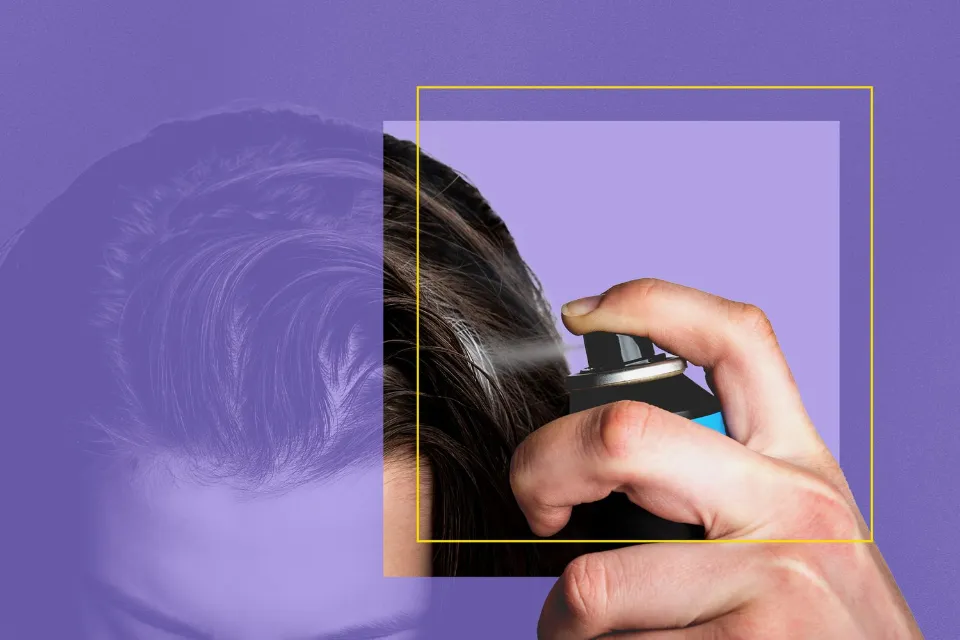
These unpleasant extras stay on the scalp if the buildup is not eventually washed away.
It’s not that dry shampoo is bad, it’s that dry shampoo can’t replace actual shampoo forever. Just be extra diligent when you do wash your hair to avoid all of the above.
Related Reading:
The Benefits of Using Dry Shampoo
To put it simply, dry shampoo works, which is precisely the reason for its long reign in popularity.
It also adds volume, offering a quicker hair fix than its conventional wash-and-style counterpart. Its absorbent ingredients not only soak up excess oil and revive greasy strands, but they also add volume.
Read More:
Is It Better to Wash Your Hair Or Use Dry Shampoo?
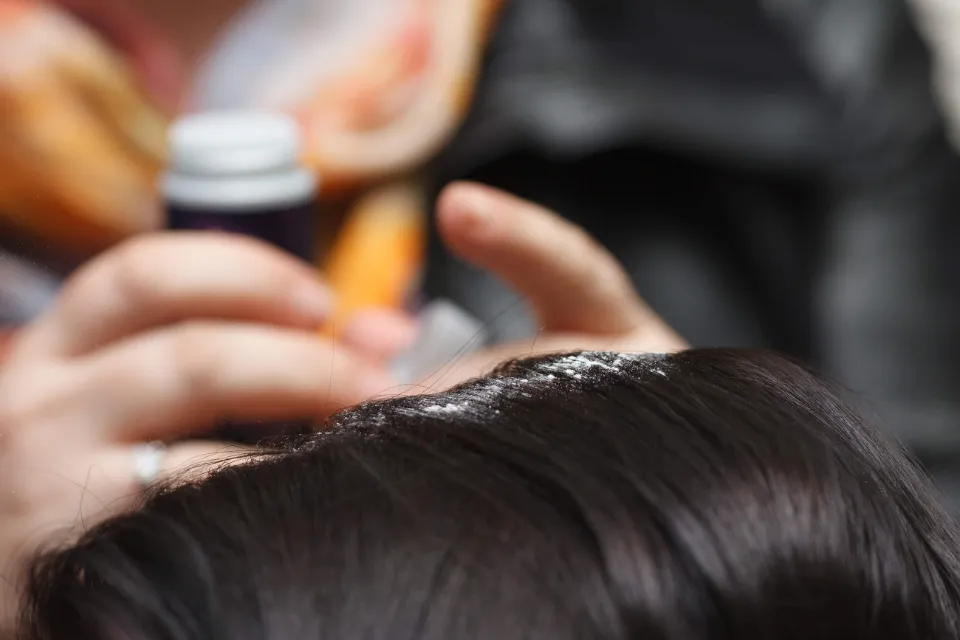
While dry shampoo is a great short-term solution for extending the life of a blowout or getting you from the gym to dinner, it’s not a substitute for actually washing your hair.
Because of the residue that the dry shampoo leaves behind on your scalp, you must eventually wash it off.
Related Reading: Can I Dye My Hair With Dry Shampoo in It?
Alternatives to Dry Shampoo
Keeping your hair clean and conditioned is the best thing you can do for it. How often you wash your hair will depend on your hair type and how much processing it’s had.
Choose an organic commercial product if the chemical ingredients listed on the dry shampoo’s label worry you.
The ingredients for a homemade version could also be found in the pantry. You may already have rice starch and cornstarch, which are both common absorbent starches.
To make your own dry shampoo, take a 1/4 cup of cornstarch or rice starch and add a sprinkling of cinnamon or cocoa powder, depending on your hair color. As a natural fragrance, you can also add a few drops of essential oils.
You Might Also Like:
Conclusion: is Dry Shampoo Bad for Your Hair
Dry shampoo doesn’t actually clean your hair. Instead, the alcohol or starch in the product absorbs the oil in your hair to give it a cleaner, fluffier appearance.
The majority of people won’t experience any issues with infrequent use. Your hair may become more prone to breakage if you use dry shampoo excessively. Your scalp’s wellbeing may be impacted.
You might want to use dry shampoo just one or two days a week to maintain the health of your hair and scalp.
Read More:
- Best Dry Shampoo
- Is Pantene Bad for Your Hair?
- Can You Use Dry Shampoo on Dogs?
- How to Get Dry Shampoo Out of Hair?
- Does Amika Dry Shampoo Have Benzene?
FAQs
Is Dry Shampoo Bad for Your Scalp?
Dry shampoo can build up on your scalp if you use it too frequently or if you leave it in your hair for an extended period of time without washing it out.
Does Dry Shampoo Cause Hair Loss?
Is Dry Shampoo Bad for Your Lungs?
People who are susceptible to lung irritation may also experience it after inhaling dry shampoo.

